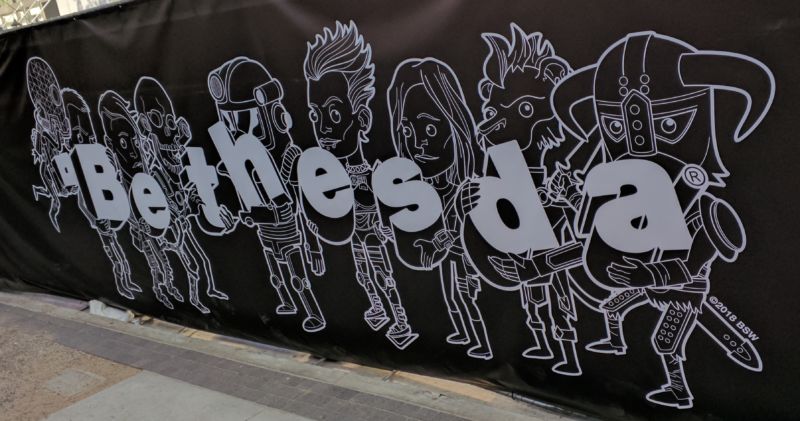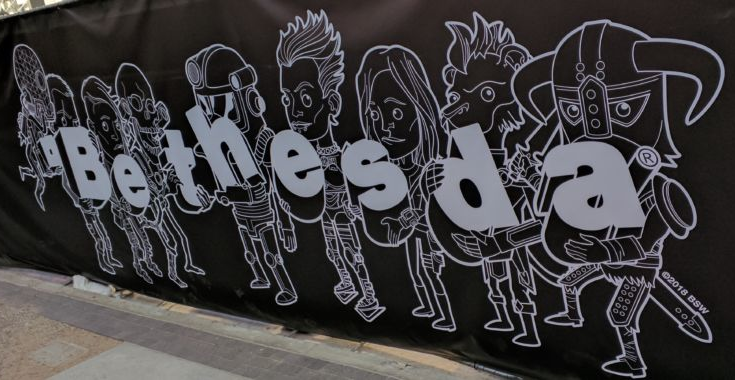
Since Microsoft purchased Bethesda Softworks (via parent company ZeniMax Media) last September, the question of Bethesda games on non-Xbox consoles has been on everyone’s minds. This week, Microsoft put probably the final nail in that conversational coffin, with Xbox chief Phil Spencer confirming in an interview with British GQ magazine that the upcoming Elder Scrolls VI will be available only on Xbox consoles and the PC.
In a quote that doesn’t seem likely to soothe many PlayStation owners, Spencer said the exclusivity is “not about punishing any other platform, like I fundamentally believe all of the platforms can continue to grow.” Instead, Spencer was focused on “be[ing] able to bring the full complete package of what we have” with the company’s games, meaning integration with Xbox Live, Game Pass, Xbox Cloud Gaming, etc. “And that would be true when I think about Elder Scrolls VI,” he added. “That would be true when I think about any of our franchises.”
An announcement 14 months in the making
The confirmation ends over a year of coyness and mealymouthed statements about the exclusivity of major Bethesda games. The ordeal started with a Bloomberg interview last September in which Spencer said future Bethesda titles would be considered for non-Xbox consoles “on a case-by-case basis.” An in November, Xbox CFO Tim Stuart was saying publicly that Microsoft wanted Bethesda content to be “first or better or best” on Xbox rather than necessarily exclusive to the platform.
Microsoft did allow previously announced and released titles like Deathloop, Ghostwire: Tokyo, and The Elder Scrolls Online to come out on non-Xbox consoles. But the tenor of Microsoft’s statements about future Bethesda releases began to change in March, when Microsoft confirmed that “some new [Bethesda] titles in the future… will be exclusive to Xbox and PC players.” By June, that set of “some” titles included Starfield, the highly anticipated space epic that will be exclusive to Xbox Series X/S and PC for its planned launch next year. Bethesda Senior VP of Marketing and Communications Pete Hines apologized for that state of affairs days later, saying he was “certain that [exclusivity] is frustrating to folks, but there’s not a whole lot I can do about it.”
Given all that, Elder Scrolls‘ absence from non-Xbox consoles might not be surprising. But some fans were still holding out hope that Bethesda’s massive fantasy RPG franchise would be a Minecraft-style exception to the general rule that Microsoft-owned games only appear on Microsoft platforms. After all, Bethesda producer/director Todd Howard told GamesIndustry.biz last October that it would be “hard to imagine” that the next Elder Scrolls game wouldn’t be allowed on non-Xbox consoles.
Hard to imagine or not, the sequel to an Elder Scrolls game that has appeared on the PS3, PS4, PS5, and Nintendo Switch will not appear on any of those systems. And while there’s still some possibility that other, less high-profile Bethesda games will be allowed on other consoles in the future, Microsoft apparently sees extracting the maximum value from Bethesda’s biggest franchises as a crucial part of its $7.5 billion acquisition.



